Greek Theatre Worksheets
Greek theatre worksheets provide a comprehensive and engaging way for students to explore the rich and fascinating world of ancient Greek theatre. These worksheets are designed to cater to students in middle and high school, taking into consideration their level of understanding and the subjects they are studying in their curriculum.
Table of Images 👆
More Other Worksheets
Kindergarten Worksheet My RoomSpanish Verb Worksheets
Cooking Vocabulary Worksheet
DNA Code Worksheet
Meiosis Worksheet Answer Key
Art Handouts and Worksheets
7 Elements of Art Worksheets
All Amendment Worksheet
Symmetry Art Worksheets
Daily Meal Planning Worksheet
What is the definition of Greek theater?
Greek theater refers to the theatrical events and performances that took place in ancient Greece, typically consisting of dramatic plays, comedies, and tragedies. These performances were a significant aspect of Greek culture and often included masks, costumes, music, and dance, with actors performing in outdoor theaters. Greek theater also played a role in religious and civic festivals, serving as a form of entertainment and a means of exploring moral and philosophical themes.
What were the purpose and main function of Greek theater?
The purpose of Greek theater was to entertain and educate the audience while exploring themes such as morality, politics, and the human condition. The main function of Greek theater was to serve as a platform for storytelling through the performance of plays that featured elements like dialogue, music, and dance, often performed in amphitheaters to large crowds as a form of cultural and communal expression.
Describe the structure and layout of a Greek theater.
A Greek theater typically consists of three main sections: the orchestra (a circular space) where the chorus and actors perform, the theatron (the seating area for the audience, often built into a hillside for acoustics), and the skene (a building behind the orchestra used as a backdrop and for actors' entrances and exits). The theater has a semi-circular shape to enhance acoustics and allow for optimal viewing from all seats. The audience area is divided into different sections based on social status, with the best seats reserved for the elite. Overall, Greek theaters were designed to amplify sound, provide clear sightlines for the audience, and facilitate the performance of plays in an outdoor setting.
What were the key characteristics of Greek tragedy?
Greek tragedy was characterized by its focus on the downfall of a noble or heroic figure due to their fatal flaw, known as hamartia, leading to a reversal of fortune and ultimately their destruction. Tragedies often explored themes of fate, free will, divine intervention, and the consequences of hubris and pride. Additionally, the use of a chorus to provide commentary, music, and dialogue enhanced the emotional impact and moral implications of the stories being told.
Explain the role of the chorus in Greek theater.
The chorus in Greek theater served as a collective voice representing the community or serving as a moral compass within the play. They provided background information, context, and commentary on the action unfolding on stage, offering insight into characters' motivations and dilemmas. Additionally, the chorus helped to enhance the emotional impact of the performance through singing, dancing, and reciting poetry, bridging the gap between the audience and the actors while adding depth and complexity to the storytelling.
Describe the costumes and masks used in Greek theater.
Costumes in Greek theater were elaborate and exaggerated, often made of rich fabrics like silk and brightly colored to help distinguish the characters. Masks were a crucial component, made of lightweight materials like linen or cork, featuring exaggerated expressions and defining characteristics to help the audience easily identify different characters like gods, heroes, or villains. Masks also had large openings for the eyes and mouth to aid in projecting the voice and emotions of the actors to the audience.
How did the Greeks use the stage and props in their performances?
The Greeks used the stage, known as the skene, for actors to change costumes and masks while also serving as a backdrop for the performance. Props were used minimally, with actors relying more on their gestures, movements, and masks to convey emotions and actions. The stage itself was often a semi-circular theater with tiered seating, providing excellent acoustics and visibility for the audience.
Discuss the importance of music and sound in Greek theater.
Music and sound played a crucial role in Greek theater, enhancing the emotional impact and dramatic experience for the audience. Music was used to set the mood, reflect the emotions of the characters, and create a sense of atmosphere. Sound effects were also utilized to heighten the tension and punctuate key moments in the performance. Furthermore, the use of music and sound helped to engage the audience and evoke a deeper emotional connection to the storytelling on stage. In this way, music and sound were integral components of Greek theater that enriched the overall theatrical experience and contributed to the success of the performances.
What were the key elements of a Greek comedy?
Greek comedy typically consisted of exaggerated characters, often based on stereotypes or satirical portrayals of contemporary figures, dealing with everyday life situations. The humor was marked by witty dialogue, puns, wordplay, and political commentary. The plays often featured topical and risqué themes, as well as elements of satire and social criticism. Additionally, music and dance were commonly incorporated into the performances to entertain the audience.
Explain the impact and legacy of Greek theater on Western drama.
Greek theater has had a profound impact on Western drama, shaping its structure, themes, and theatrical conventions. The legacy of Greek theater is seen in the use of dramatic elements such as dialogue, character development, and conflict, as well as the division of plays into distinct genres like tragedy and comedy. Greek theater also introduced the concept of the chorus and the use of masks to represent different characters. Additionally, Greek playwrights like Sophocles, Euripides, and Aeschylus explored timeless themes such as fate, morality, and the human experience, which continue to resonate in contemporary Western drama. Overall, Greek theater laid the foundation for Western drama, influencing theatrical traditions and storytelling techniques that are still prevalent today.
Have something to share?
Who is Worksheeto?
At Worksheeto, we are committed to delivering an extensive and varied portfolio of superior quality worksheets, designed to address the educational demands of students, educators, and parents.

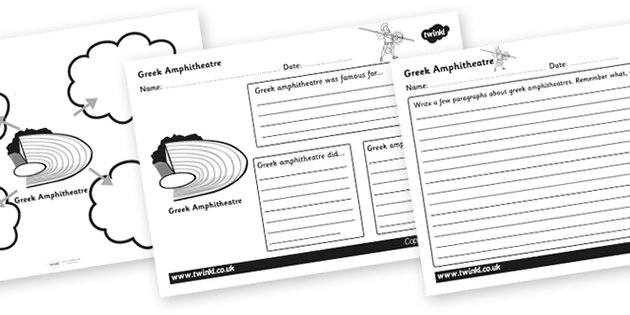



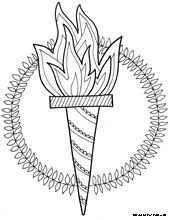

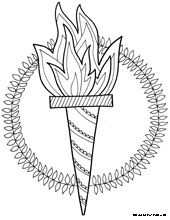
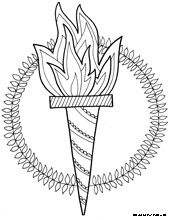
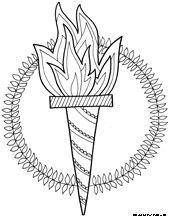
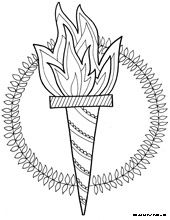
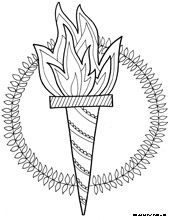
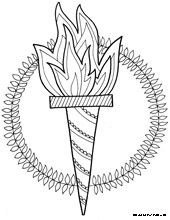
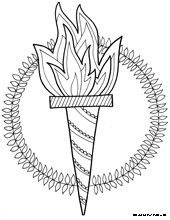
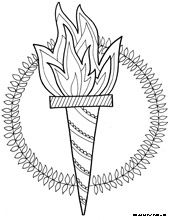
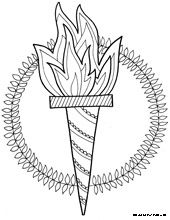
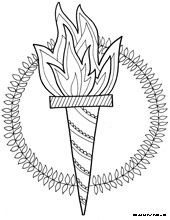

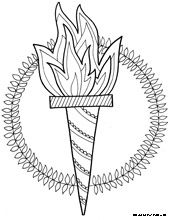

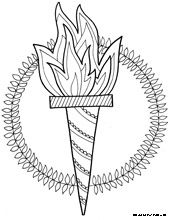
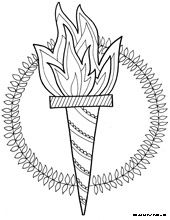














Comments